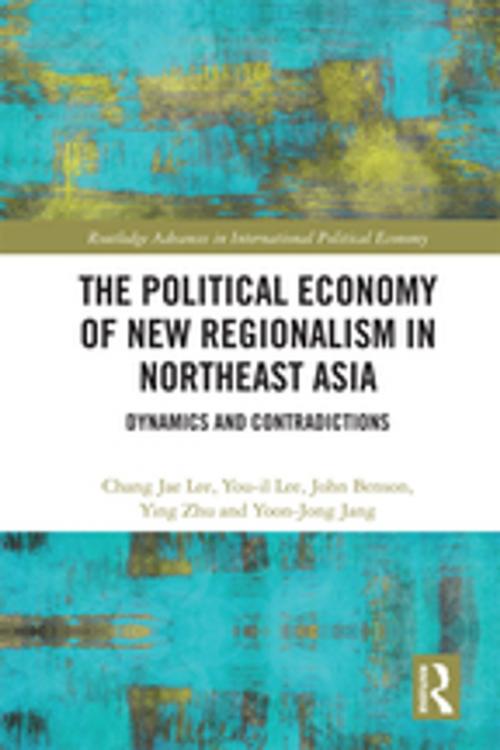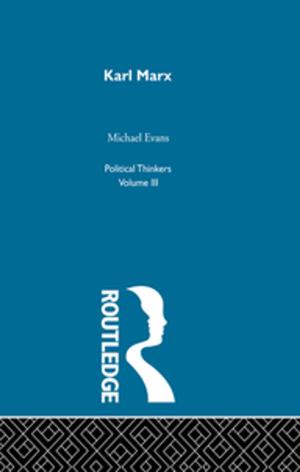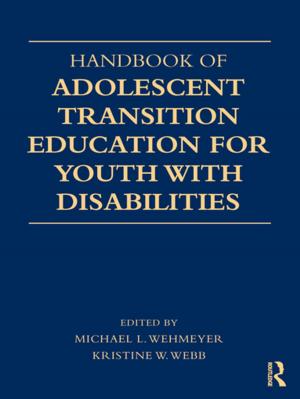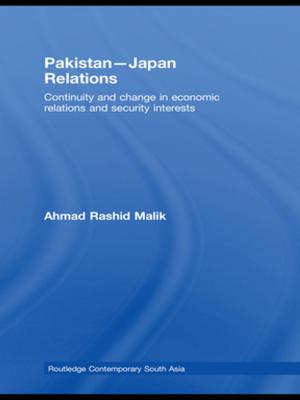The Political Economy of New Regionalism in Northeast Asia
Dynamics and Contradictions
Business & Finance, Economics, International Economics, Economic Development, Nonfiction, Social & Cultural Studies, Political Science, International, International Relations| Author: | Chang Jae Lee, You-il Lee, John Benson, Ying Zhu, Yoon-Jong Jang | ISBN: | 9781351051361 |
| Publisher: | Taylor and Francis | Publication: | September 3, 2018 |
| Imprint: | Routledge | Language: | English |
| Author: | Chang Jae Lee, You-il Lee, John Benson, Ying Zhu, Yoon-Jong Jang |
| ISBN: | 9781351051361 |
| Publisher: | Taylor and Francis |
| Publication: | September 3, 2018 |
| Imprint: | Routledge |
| Language: | English |
The book is the first attempt to offer a holistic and integrated exploration of the political-economic framework underpinning economic regionalism. In doing so it provides a much-needed contribution to the literature on international political economy, international relations and Asian political economy in relation to economic regionalism. The existing literature provides broad generalizations and limited discussion on economic integration (i.e. free trade agreements, FTA) with most analyses of regionalism generally contained to the field of economics with a focus on the welfare implications of FTAs, both for participating countries and the world as a whole. Readers of this book can view economic regionalism from a variety of perspectives with input from Chinese, Japanese and Korean research institutes, business and industry groups, and government officials. Drawing on the considerable country experience and expertise of the authors, the book attempts to unravel the paradox of the market-driven economic globalization process (regionalism) and address a serious gap in the current literature relating to the political-economic characteristics and strategies of China, Japan and Korea in relation to economic regionalism.
The book is the first attempt to offer a holistic and integrated exploration of the political-economic framework underpinning economic regionalism. In doing so it provides a much-needed contribution to the literature on international political economy, international relations and Asian political economy in relation to economic regionalism. The existing literature provides broad generalizations and limited discussion on economic integration (i.e. free trade agreements, FTA) with most analyses of regionalism generally contained to the field of economics with a focus on the welfare implications of FTAs, both for participating countries and the world as a whole. Readers of this book can view economic regionalism from a variety of perspectives with input from Chinese, Japanese and Korean research institutes, business and industry groups, and government officials. Drawing on the considerable country experience and expertise of the authors, the book attempts to unravel the paradox of the market-driven economic globalization process (regionalism) and address a serious gap in the current literature relating to the political-economic characteristics and strategies of China, Japan and Korea in relation to economic regionalism.















